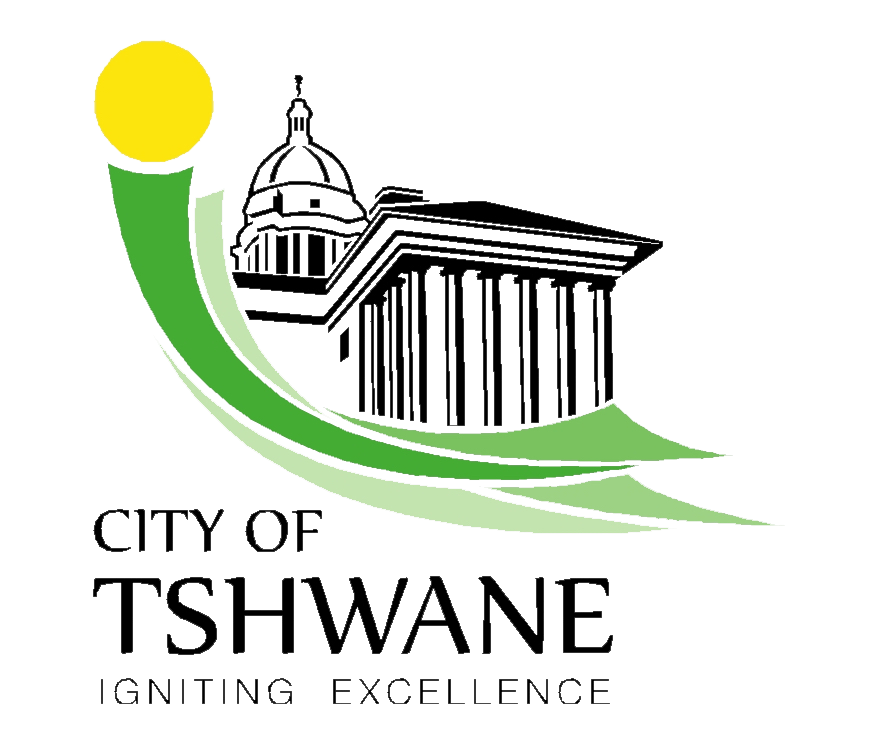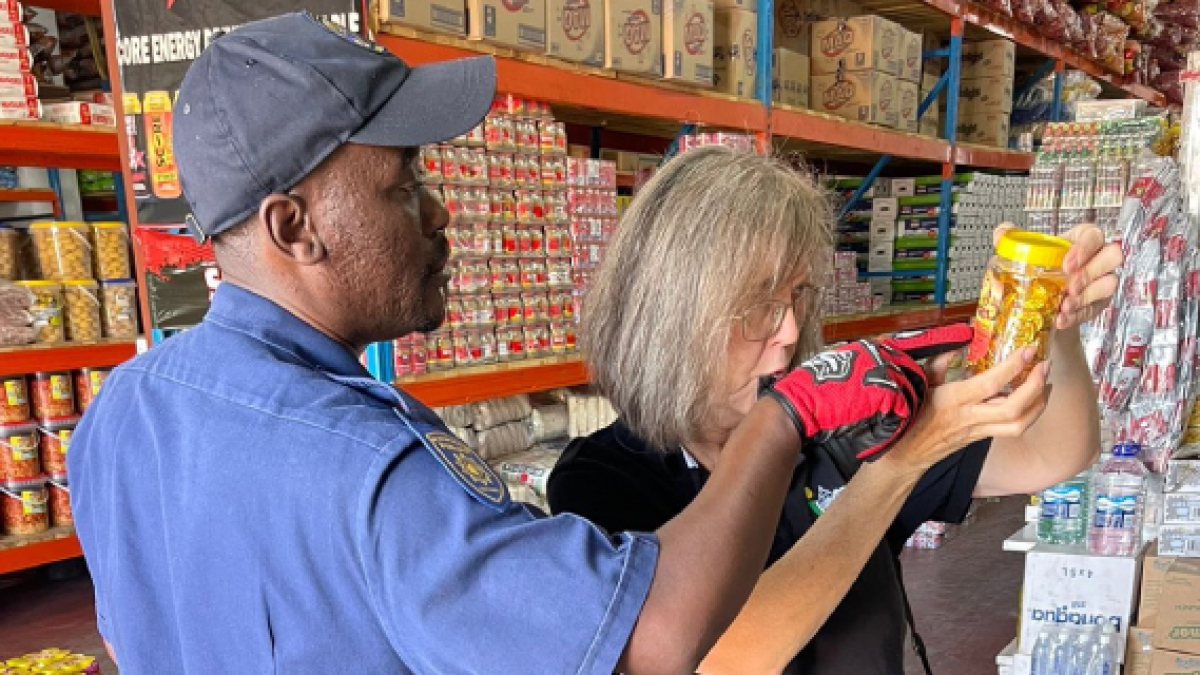The issue of expired and spoiled food being sold has gained significant attention in South Africa after several children died from allegedly consuming products bought from spaza shops and street vendors.
The City, together with other provincial stakeholders, are conducting weekly food safety inspections in Tshwane, which focuses on spaza shops’ and wholesalers’ compliance with business and health by-laws. The operations include health inspectors and Tshwane Metro Police Department by-law officers who verify the validity of operational licences and adherence to municipal by-laws, hygienic handling of food on the premises and adequate protection of food and products against spoilage and contamination.
Residents are urged to be observant when buying food and ensure that the food they buy is fresh and not past the sell-by date.
In accordance with Regulation R638 of the Foodstuffs, Cosmetics and Disinfectants Act, 1972 (Act 54 of 1972), vendors are restricted from storing, transporting, preparing or selling any food without a certificate of acceptability. The person in charge of the food premises must be trained in the principles and practices of food safety and hygiene. Selling foodstuffs without this certificate is illegal.
Tips to ensure food safety
Safe practices for learners
- Children should be restricted from selling foods and snacks.
- Children should only buy snacks and food from the approved school tuck shop or school-approved informal trader.
- The Health Department advises against buying snacks or food from external vendors outside school perimeters.
- Parents should provide children with nutritious lunchboxes to prevent them from obtaining food from external sources.
Verify best-before dates
The best-before date refers to the freshness date. It tells you how long the product will be at its best flavour and quality. Beyond this date, food may still be perfectly satisfactory.
Report suspicious food sources
- Do not buy food that is mouldy, fermented or discoloured.
- Report any suspicious food or food sources to the health authorities.
- Report any seemingly illegal activities related to the manufacture, preparation, repackaging or selling of any food or foodstuffs to the Municipal Health Services Section on 012 358 4656/8609/3146/8611/3218.
Examine the packaging of food items
- Do not buy food items with broken or damaged packaging.
- If the can is dented or leaking, do not purchase it.
- Avoid expired food or food with tampered labels.
- If you do not understand the language on the packaging, do not buy the product. All food items must contain at least two of the official languages. If this is in a foreign language, the food item is illegal.
- If the price of a food item is very low, the quality and possibly the safety thereof will be risky.
Safe preparation of food
- Always wash fruit and vegetables.
- Do not cross-contaminate food and separate raw and cooked food.
- Keep food at safe temperatures.
- Prepare food on a clean surface.
- Wash cutting boards and counter tops with hot soapy water after cutting meat.
- Sanitise cutting boards with a solution of water and bleach.
- Keep cooking surfaces clean.
- Use clean and safe water when cooking.

